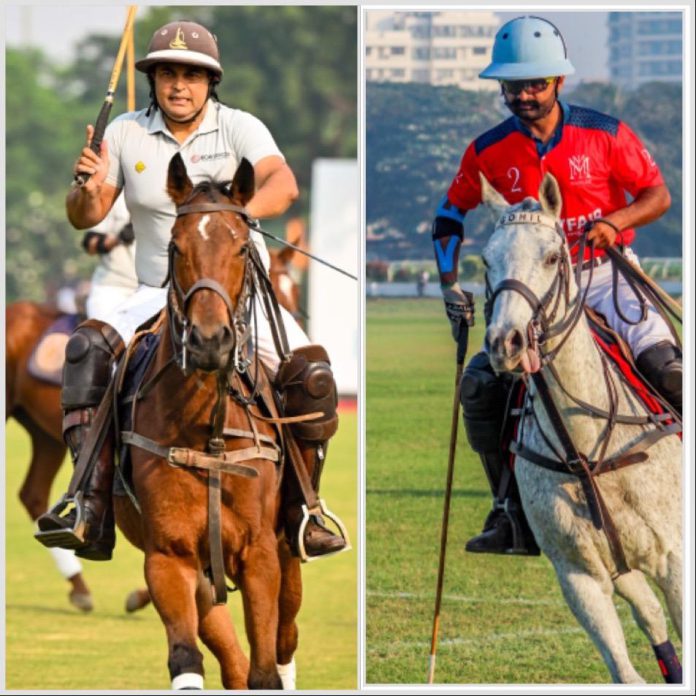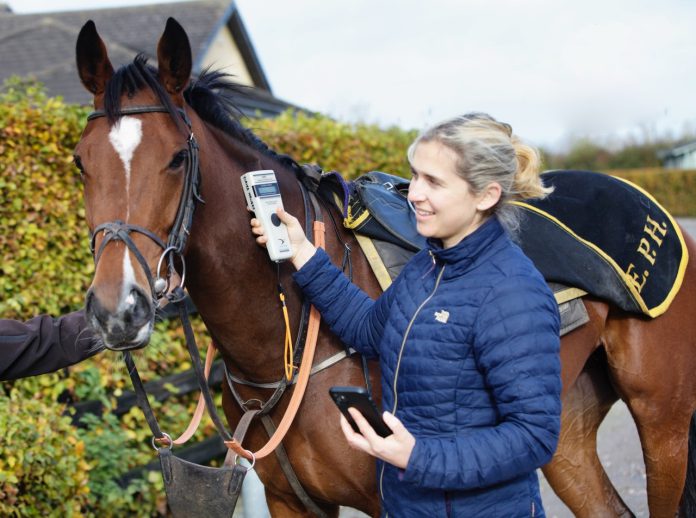Polo in India has a regal past, not only as a sport but as a tradition as well. From Maharaja Man Singh II and Rao Raja Hanut Singh, who together heralded the golden age of polo in India to today, where young polo players like HH Maharaja Sawai Padmanabh Singh are making a mark internationally.
However, The royals and the Army are no longer its exclusive keepers. The game is coming into the open, abandoning its ‘hidden heritage’ tag, and opening itself up to a new generation of Indians. The only ‘elite’ aspect with which polo is aiming to be viewed is in its sportsmanship and grit in the sport.
Throughout the decades, Indian polo veterans have made their mark in the history of Indian polo and now it’s their turn to pass the torch to the next polo stars in the making. We reached out to Syed Basheer Ali and Jaivirsinh Gohil, some of India’s best and asked them their point of view with regards to the same.
Syed Basheer Ali has played polo for more than 2 decades now. At a very young age, Syed Basheer Ali along with his brothers Shamsheer and Hamza were trained by Nawab Syed Shujat Ali to become polo champs, till date, the discipline and dedication instilled by his father are his biggest strength, so much so that he believes his father to be the reason of his successful career and advises families to support young polo players, with better fields and more patrons, the only thing any player needs is support from their families. Jaivirsinh Gohil (popularly known as Chamma among polo players and fans), coached by Mr. JB Gohil from Gujarat for the first seven years of his life, too stressed on the importance of selecting the appropriate mentor, saying, “Only an experienced coach or mentor can recognize a player’s talents, skills, and potential. In my opinion, even if a player surpasses a mentor in skill and talent later on in his career, he will still need that mentor’s advice”.
While family support is important, Sayeed Basheer Ali also feels that practice can be a game changer. When asked about what would be his advice to young players that can give a boost to their career, his response was “play, play, play”. One can sum it up with an old and effective saying- Practice makes a man perfect. Taking a similar stand on the question, Jaivirsinh Gohil revealed that more than 50% (70% to be exact) share of victory goes to the pony and the remaining 30% to the player. As a result, the only option to advance in the game is to get more experience by taking part in more matches. Additionally, he advised buying ponies, caring for them properly, and, if necessary, hiring management personnel. But, perfection is not a destination, rather, a journey and who better than Jayvirsinh Gohil can understand this. While conversing with us he told us that he began riding when he was 14 years old. Since his father forbade the use of any vehicles and the ground was 15 kilometers distant, the only choice was public transportation. For five years, he would get on a bus at 4.30 in the morning and run 2 kilometers to get to the ground. This determination and patience has made him one of India’s most in-demand Polo players today.

As they say, every master was once a beginner,so we asked about their favorite memory of playing polo when they had started out? While, among the various events, Syed Basheer Ali remembers his Bagota tournament where he, although lost, was delighted to have reached the finals, Chamma said going to the Jindal group last year altered his entire game. Additionally, the daily international-level chukker practice sessions with the best players revamped his and his horse’s level of fitness, which further enhanced his performance.
Finally, we asked how the polo fraternity might support the academic components of polo and inspire the next generation to learn the game. “In India, there are 32 states, but only 4 or 5 of them play polo. Therefore, Polo needs to be popularized by hosting awareness-raising events in many states. In order to inspire the younger generations, Polo should be introduced in perhaps two or three schools across each state” said Jayvirsinh Gohil.




